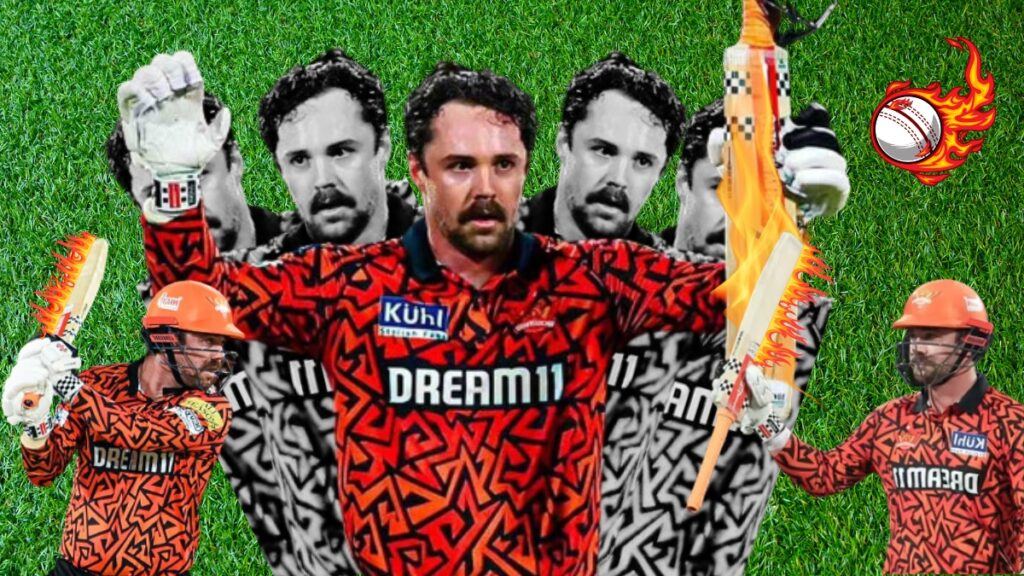Table of Contents
ToggleUnveiling the Future of Medical Transcription in India: AI Integration and Beyond

Delving into the Future of Medical Transcription in India: Examining Healthcare Documentation Evolution in Delhi, Mumbai, and Bangalore
Introduction
In the ever-evolving landscape of healthcare, the role of medico-transcription has undergone significant transformations. With the advent of Artificial Intelligence (AI) and its integration into healthcare systems, the future of medico-transcription in India stands at a crucial crossroads. In this article, we delve into the current state of medico-transcription in Delhi, Mumbai, and Bangalore, exploring how AI is reshaping this essential aspect of healthcare documentation.
The Importance of Medical Transcription
Medical transcription plays a vital role in capturing and documenting patient information, ensuring accurate medical records and effective communication among healthcare professionals. Traditionally, medical transcriptionists have meticulously transcribed dictations from healthcare providers into text format, facilitating medical reports, patient histories, and treatment plans.
Challenges Faced by Traditional Medical Transcription
However, traditional medico-transcription (MT) is not without its challenges. The process is time-consuming, prone to errors, and often struggles to keep pace with the rapid advancements in healthcare technology. This has led to the exploration of AI-powered solutions to streamline and enhance medico-transcription processes.
Current Landscape in Delhi, Mumbai, and Bangalore
Delhi, Mumbai, and Bangalore stand as epicenters of healthcare innovation in India, boasting renowned hospitals and healthcare facilities. Let’s take a closer look at how AI integration is revolutionizing MT in these cities:
Delhi: Embracing AI for Efficient Documentation
Leading hospitals in Delhi, such as AIIMS (All India Institute of Medical Sciences) and Fortis Healthcare, have embraced AI-driven MT solutions to improve efficiency and accuracy. By leveraging speech recognition technology and natural language processing (NLP), these hospitals have significantly reduced transcription time and minimized errors in medical documentation.
Mumbai: Enhancing Patient Care with AI-Powered Tools
Hospitals like Kokilaben Dhirubhai Ambani Hospital and Hinduja Hospital in Mumbai have adopted AI-integrated transcription platforms to enhance patient care delivery. AI algorithms analyze medical data to generate comprehensive reports, aiding healthcare providers in making informed decisions and delivering personalized treatments.
Bangalore: Pioneering AI-Driven Healthcare Solutions
Known as India’s Silicon Valley, Bangalore is at the forefront of AI innovation in healthcare. Hospitals like Narayana Health and Manipal Hospitals have implemented AI-enabled transcription systems that not only transcribe medical notes but also analyze data to identify patterns, trends, and potential risks, thereby optimizing clinical workflows and improving patient outcomes.
AI vs. Traditional Medical Transcription: A Comparison
As AI integration continues to gain momentum in the healthcare sector, it is essential to evaluate its impact compared to traditional MT methods.
Accuracy and Efficiency
AI-powered transcription systems boast superior accuracy and efficiency compared to their traditional counterparts. AI algorithms can recognize and interpret speech patterns with high precision, reducing the risk of errors and enhancing transcription speed.
Cost-effectiveness
While traditional MT services often incur significant costs, AI-driven solutions offer a more cost-effective alternative. AI integration reduces manual labor and operational expenses, resulting in overall cost savings for healthcare facilities.
Adaptability and Scalability
AI-powered transcription platforms are highly adaptable and scalable, capable of handling large volumes of data with ease. They can quickly adapt to changes in healthcare regulations and accommodate evolving documentation requirements, making them ideal for healthcare organizations of all sizes.
Human Touch and Interpretation
Despite the advancements in AI technology, human involvement remains essential in transcription. While AI can transcribe text accurately, human transcriptionists provide context, interpretation, and empathy, especially in complex medical scenarios where nuances matter.
The Road Ahead
The future of medico transcription in India is undoubtedly intertwined with AI integration. As technology continues to evolve, healthcare organizations must strike a balance between leveraging AI-driven solutions for efficiency gains while preserving the human touch in patient care.
Embracing Collaboration
The synergy between AI and human expertise holds the key to unlocking the full potential of medico transcription. By fostering collaboration between AI systems and skilled transcriptionists, healthcare facilities can achieve optimal results in documentation accuracy, efficiency, and patient satisfaction.
Continuous Innovation and Adaptation
Innovation will remain paramount in shaping the future of medico-transcription. Healthcare providers must stay abreast of emerging technologies, invest in training and development programs for staff, and continually refine transcription processes to meet evolving healthcare demands.
Conclusion
The integration of AI into medico-transcription heralds a new era of efficiency, accuracy, and innovation in healthcare documentation. As Delhi, Mumbai, and Bangalore hospitals lead the charge in adopting AI-powered solutions, the future of medico-transcription in India holds promise. By embracing technology while preserving the human touch, healthcare organizations can navigate the evolving landscape with confidence, ensuring optimal patient care and clinical outcomes.
In this digital age, the evolution of medico-transcription transcends mere documentation—it represents a testament to the relentless pursuit of excellence in healthcare delivery.
—
FAQs:
Medical transcription is the process of converting dictations by healthcare professionals into written text format, creating medical records and reports.
While formal education in medical transcription is beneficial, essential skills include proficiency in typing, knowledge of medical terminology, and excellent grammar and language skills.
AI streamlines medical transcription by automating processes like speech recognition and natural language processing, resulting in faster and more accurate documentation.
Yes, medical transcription remains relevant as it ensures accurate documentation and serves as a complement to EHRs, providing detailed narrative descriptions of patient encounters.
Outsourcing medical transcription can reduce costs, improve turnaround times, and ensure access to skilled professionals, allowing healthcare providers to focus on patient care.
Adhering to HIPAA regulations, using secure transcription platforms, and implementing encryption technologies are crucial for maintaining confidentiality and security in medical transcription.
hallenges include coping with evolving technology, maintaining accuracy amidst fast-paced dictations, and dealing with accents and dialects in recordings.
Practice regularly, stay updated on medical terminology and industry trends, seek feedback from peers or mentors, and consider pursuing additional training or certification courses.
Despite technological advancements, the demand for skilled medical transcriptionists persists, particularly in specialized fields such as oncology, radiology, and cardiology.
In 2024, the average salary package for medical transcriptionists ranges from ₹300,000 to ₹600,000 per annum, depending on factors such as experience, location, and specialization.


